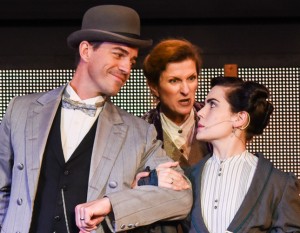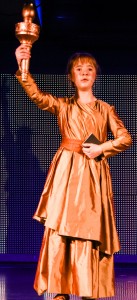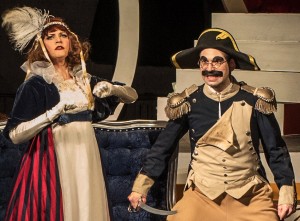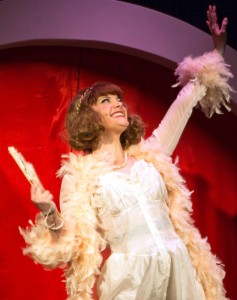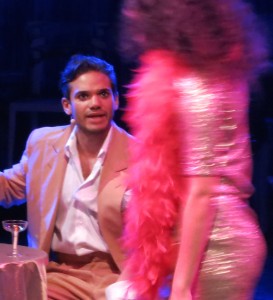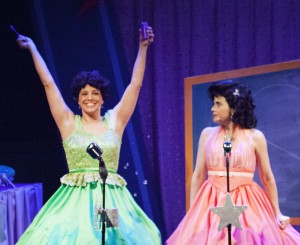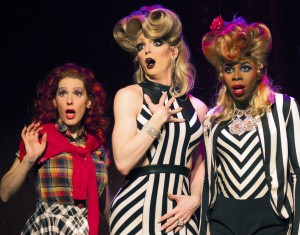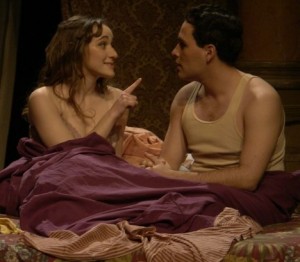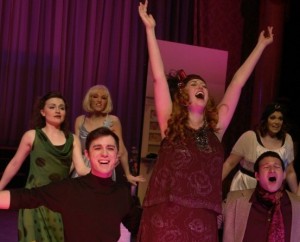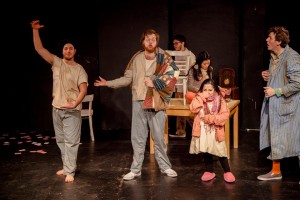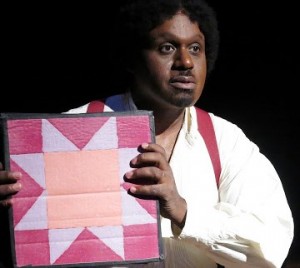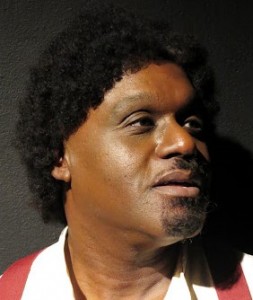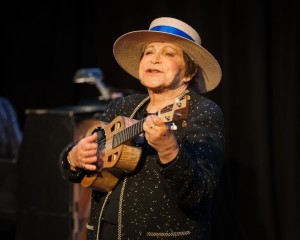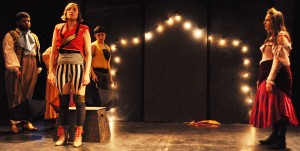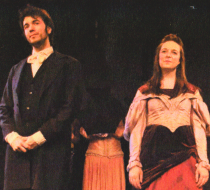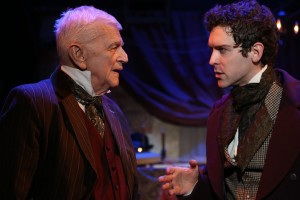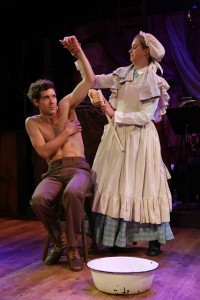Serious pianists love to study the great composers in order to explore and channel the music they are to perform. Hershey Felder, the writer and star of the solo show Maestro, is a serious pianist and composer in his own right. He is also a gifted and highly successful singer, director, and producer. His one-man show is the natural rumination of one serious musician about another.
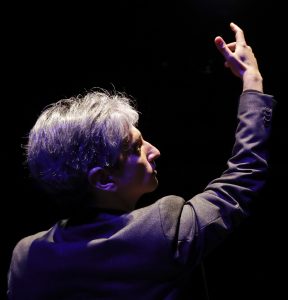
Maestro is the story of the larger-than-life phenomenon that was Leonard Bernstein: conductor of the celebrated New York Philharmonic and orchestras worldwide; the second most performed classical composer in the United States, who also wrote the scores for the hit West Side Story and other Broadway shows; the creator of 53 Young People’s Concerts and proselytizer on behalf of the classical music tradition to the millions he reached on TV and in lectures all over the world. In this and other plays, Felder has created a piece of biographical theater. His one-man plays about Gershwin, Chopin, Beethoven, Liszt, Irving Berlin, and now Bernstein, use story, song, and music to probe the lives of great musicians and deepen our understanding of music itself.
Bernstein’s overarching passion was to compose. In Lenny’s voice, Felder explains what lies behind the works he composes: “and in every one of these pieces, I am busy looking for God. And for love. Because as composers, that’s what we’re always doing.” This desire, the desire to compose and all it encompasses, is the spine of Felder’s play. Will Bernstein find God? Will he find love? Will he write the great works he so badly wants to write?
Felder takes on Lenny, the controversies about his life and his music, and looks for the truth behind the noise of his fame. He shows us a man whose betrayal of his marriage and loss of his wife to cancer upended his life. And he shows us a man who, for all of his achievements as a composer, was never embraced by the classical composing establishment, which rigidly favored atonalism. Bernstein not only believed that tonality and melody were at the heart of all great classical music, he wrote successful musicals; brought classical impulses into his popular music; brought popular idioms into his serious classical compositions; and was just too populist in every way to win the seal of approval of that elite club whose tenets he rejected. He paid a heavy price.
Beautifully directed by Joel Zwick, the work uses projection and lighting (Christopher Ashe) as well as audio (Eric Carstensen) in striking, even brilliant ways. Does Felder do justice to Bernstein? Do we know the man more deeply after the play than we did before? These are questions that theatergoers will answer for themselves. But in bringing us a character whose passion and achievements were in music, Felder’s own musicianship, his teaching moments riffing on music that occur throughout the play, and his prowess at the keyboard, bring us more deeply into the soul of Bernstein than this genre might have otherwise permitted.
A solo show is a special feat for any actor. Maestro runs one hour and 45 minutes and includes challenging work at the keyboard, some of it while also singing or speaking. At the same time, is it mean-spirited to say there is a bit too much West Side Story and that, if the final song were cut, the play would end on the more tragic note intended by Felder, without sentimentality? Interestingly, as a baritone, Felder sings in a soft and lilting popular style and also in a steelier, more trained classical style, sometimes combining both, just as Bernstein was forever migrating from one style to the next in unexpected ways. Vocally this usually works—but not always.
Did Bernstein find God and love in his composing and in his life? In the most powerful moment at the end of the play—better experienced than described here—Bernstein combatively turns and asks questions of the audience. Then he recites a poem Bernstein wrote in which he sums up how he views his life in the face of his approaching death. Did Bernstein find God and love in his composing? No, Felder says, not in Bernstein’s eyes. And yes, Felder says, in the eyes and hearts of all of us who listen to his story and, even more important, to the maverick genius and passionate heart of the music that beats beneath it.
Maestro runs through Oct. 23 at 59E59 Theaters (59 E. 59th St.). Evening performances are at 7 p.m. Tues.–Thurs. and at 8 p.m. Friday and Saturday; matinees are at 2 p.m. Saturday and 3 p.m. Sunday. (Additional performances are at 2 p.m. Sept. 29 and Oct. 13. There are no performances on Sept. 24 or Oct. 11 or at 7 p.m. Oct. 2.) Tickets are $25–$70. For more information, call Ticket Central at (212) 279-4200 or visit www.59e59.org.








